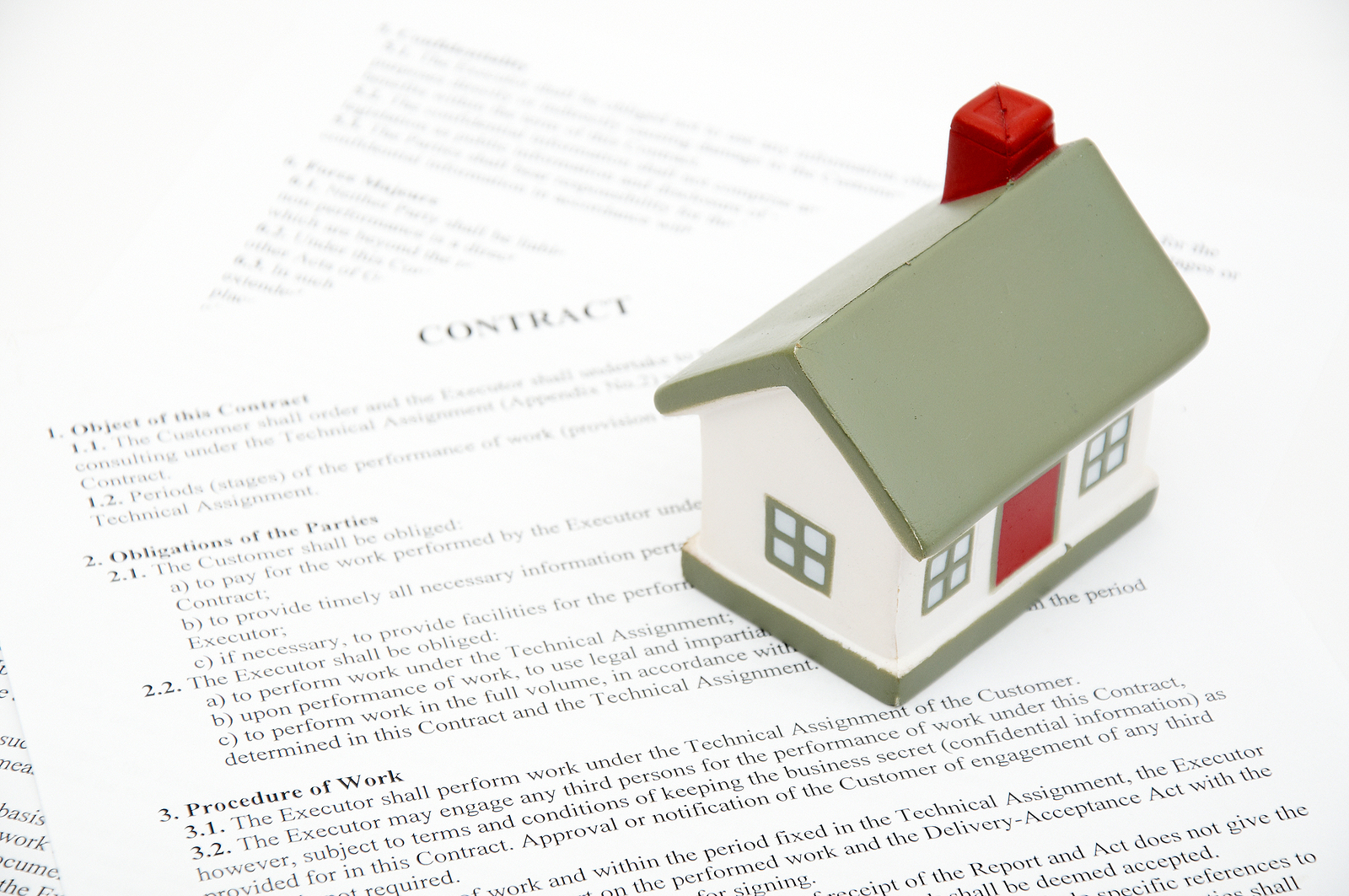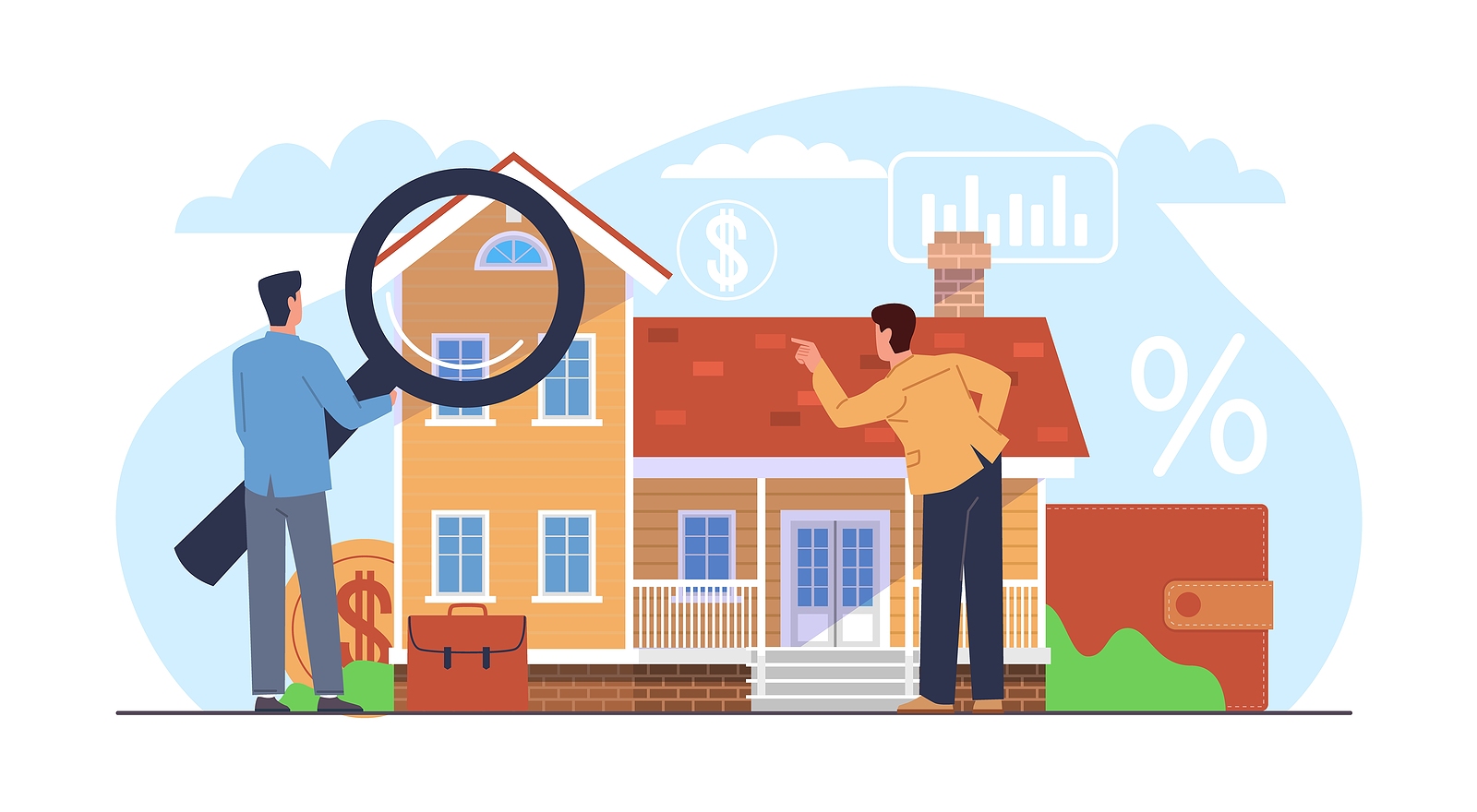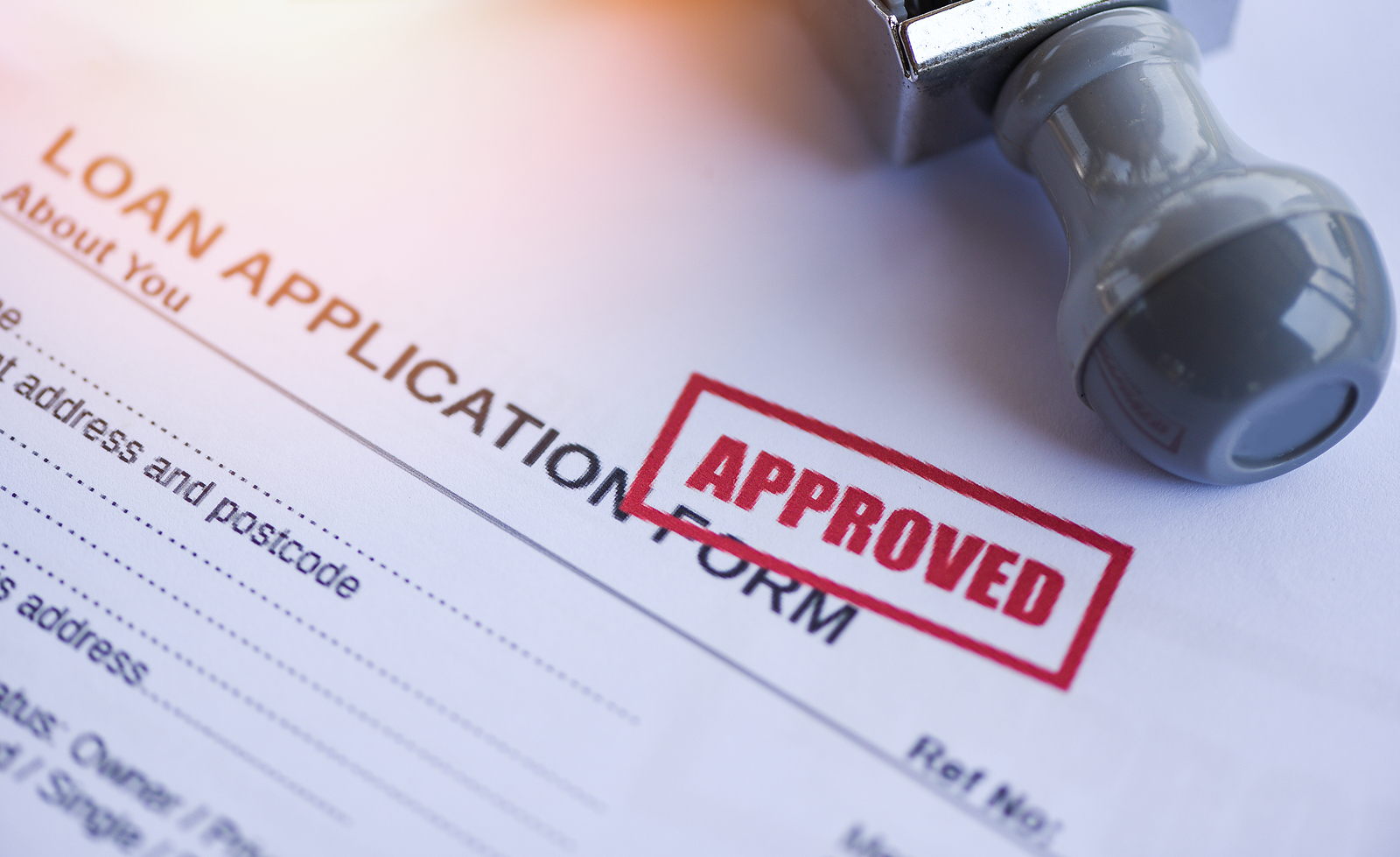Selling your home can be an exciting yet overwhelming experience, especially when multiple offers start pouring in. It’s a clear sign that your property is in demand, but how do you navigate through the sea of options to make the best decision for your needs? In this guide, we’ll walk you through the key considerations to help you confidently navigate multiple offers.
Understanding Your Offers
Before diving into the decision-making process, take the time to thoroughly understand each offer on the table. Consider factors such as the offered price, proposed closing date, and any contingencies. Evaluate the financial stability of the potential buyers and analyze the terms they are suggesting. A well-rounded understanding of each offer is crucial for making an informed decision.

Weighing the Financials
While the offered price is a significant factor, it’s not the only financial consideration. Look beyond the dollar signs and assess the financing terms. A cash offer might be tempting due to its simplicity and speed, but a financed offer with a reputable lender might offer more security. Evaluate the down payment, earnest money, and the strength of the buyer’s pre-approval. Ensure that the financial details align with your goals and timeline.
Considering Contingencies
Contingencies are conditions that must be met for the sale to proceed. Common contingencies include inspections, appraisals, and financing approval. While these are standard in real estate transactions, the number and type of contingencies can vary. A cash offer might have fewer contingencies, but a financed offer could provide more security. Evaluate each offer’s contingencies carefully, keeping in mind your desired timeline and willingness to address potential issues.
Timeline and Closing Date
Consider your ideal timeline for closing the deal. If you’re in a hurry to sell, an offer with a quicker closing date might be more appealing. On the other hand, if you need more time to secure your next home or tie up loose ends, a longer closing period might be beneficial. Align the closing date with your plans and ensure it works well with your schedule.

Buyer’s Motivation
Understanding the motivation behind each offer can provide valuable insights. Some buyers may be looking for a quick transaction, while others may be emotionally invested in your property. A buyer who is genuinely interested in your home is more likely to follow through with the deal. Ask your real estate agent to gather information on the buyers’ motivations to help you make a more informed decision.
Negotiating Strategically
Don’t be afraid to negotiate with potential buyers. If one offer stands out but has a few unfavorable terms, consider negotiating to reach a more mutually beneficial agreement. This could involve adjusting the closing date, addressing specific contingencies, or fine-tuning the financial details. A skilled real estate agent can guide you through the negotiation process and help you secure the best deal for your situation.
Communicating Effectively
Throughout the process, maintain open and transparent communication with all parties involved. Keep all potential buyers informed about the existence of multiple offers, and be clear about your expectations and timeline. Effective communication can build trust and goodwill, creating a positive atmosphere for negotiations.

Making the Final Decision
Once you’ve thoroughly evaluated each offer and considered all relevant factors, it’s time to make the final decision. Trust your instincts and choose the offer that aligns best with your priorities and goals. Your real estate agent can provide valuable insights and guidance during this crucial phase, ensuring that you make a decision that you’re comfortable and confident with.
Conclusion
Navigating multiple offers can be a complex process, but with careful consideration and strategic decision-making, you can successfully sell your home on your terms. Understand the nuances of each offer, weigh the financial aspects, and consider factors like contingencies, timeline, and buyer motivation. By negotiating strategically and maintaining effective communication, you’ll be well-equipped to make the final decision and move forward with the sale. Selling your home is a significant milestone, and by following this guide, you can maximize the benefits of having multiple offers on the table.







